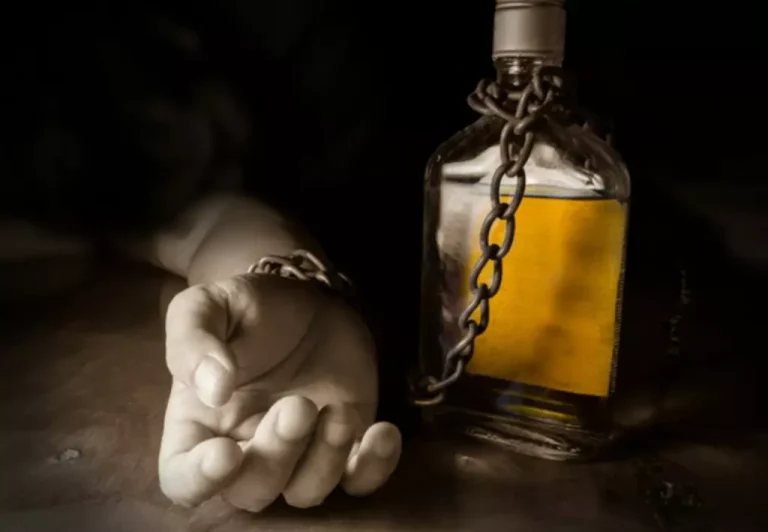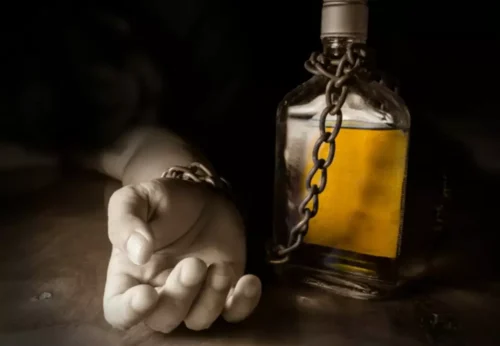
In Colorado, the state requires patients to have at least one preparation session before the admistering of psilocybin and one integration session after. When psilocybin is taken in large or full doses, patients consistently describe a series of psychedelic experiences such as the dissolution of the ego, oceanic boundlessness, the suspension of time as well as auditory and visual hallucination. Early research indicates that the psilocybin found in psychedelic mushrooms could be beneficial in treating mental-health conditions such as PTSD, anxiety, addiction and perhaps even previous traumas such as abuse or assault. Your health and wellness is unique to you, and the products and services we review may not be right for your circumstances.
The Future of Psychedelic Therapy

Before a session, the provider should prepare you for the experience, including explaining what you might feel or what you may want to work on mentally or emotionally while feeling the drug’s effects. This study was exempt from review by our Regional Committee for Medical Research Ethics because all data are available in the public domain without any identification of personal information. The National Survey on Drug Use and Health (NSDUH) was approved by an institutional review board of the Research Triangle Institute.
- Treatments that utilize psychedelics are still in an early phase of development and many gaps in the evidence need to be addressed.
- Because the mental health outcomes are all relatively uncommon, in this case, the odds ratio is a close approximation to the relative risk.
- From 2,532 potentially relevant articles, 15 RCTs and 23 observational studies (in 44 publications) met eligibility criteria.
- It’s currently believed that these psychedelic experiences could be necessary for potential therapeutic benefits, but more research needs to be done.
Psychedelics and Mental Health: A Population Study
She contributes to CBC Health’s Second Opinion, which won silver for best editorial newsletter at the 2024 Digital Publishing Awards. But when the researchers looked at causes of death for some hints, they found associations with suicide, other drug poisonings, lung disease and cancer, which Myran said probably reflects higher rates of smoking among those using hallucinogens. Thompson says these types of psychedelic experiences appear to be beneficial in treating past traumas, but he emphasized the need to have proper scaffolding and support — such as preparation sessions before taking the drug and experienced facilitators. Some people have reported conversations with people they’ve lost or returning to certain past experiences.

Can Psychedelics Treat Depression and Anxiety?
Risk of harms arising from medication discontinuation may have been minimal in the research context (due to presumably close patient contact and oversight), but conceivably could be greater in real-world settings. If the recommendation to discontinue medication becomes accepted practice as psychedelics move through the FDA drug development Sober living home pathway, the risks of doing so must be taken into consideration when assessing the overall balance of risks and benefits of psychedelic treatments. The ESP Coordinating Center (ESP CC) is responding to a request from the VA Office of Research and Development (ORD) and VHA Office of Mental Health and Suicide Prevention (OMHSP) for an Evidence Brief on the use of psychedelic substances for treating mental health and substance use disorders. Findings from this Evidence Brief will be used to inform VA research activities and clinical care in the areas of mental health and substance use disorder treatment. Medical experts say more research is needed, particularly in people with a diagnosis or family history of psychotic or bipolar disorder.

- Whether exposure to psychedelics changes the long-term symptomatology of adults diagnosed with PTSD or depression, for example, is largely unknown.
- Results may not be generalizable to more diverse populations and settings including within the Veterans Health Administration (VHA).
- Comparators in RCTs included 0mg placebo, low-dose placebo (a lower dose of the same psychedelic used in the intervention group), or another non-psychedelic medication (eg, escitalopram, diphenhydramine).
Having just reviewed this literature carefully, I don’t think this interpretation is valid given the serious limitations in the literature. To identify studies, we searched MEDLINE, Cochrane Database of Systematic Reviews, Cochrane Central Register of Controlled are psychedelics addictive Trials, and other sources up to April 2022. We used prespecified criteria for study selection, data abstraction, and rating internal validity and strength of the evidence.

- 8) Case reports of mental health problems following psychedelics are often comparable to case reports of mental health problems linked to intensive meditation 57–61, visiting holy sites 62, 63, or viewing beautiful artwork and sublime natural scenes 64.
- We identified 9 small RCTs (including 1 study that pooled results from 6 smaller trials) and 3 observational studies of MDMA-assisted psychotherapy among adults with moderate or severe PTSD who had not improved with at least 1 past trial of medication or psychotherapy.
- Naturally derived psychedelics have been used for millennia, and starting in the 1940s through the 1960s, natural and synthetic psychedelics were used in clinical research as potential treatments for a range of medical conditions.
- The literature flow diagram (Figure 2) summarizes the results of the study selection process (a full list of excluded studies is available in Appendix B in Supplemental Materials).
Naturally derived psychedelics have been used for millennia, and starting in the 1940s through the 1960s, natural and synthetic psychedelics were used in clinical research as potential treatments for a range of medical conditions. However, study of psychedelics largely paused in the US in 1970 when most were codified as Schedule I drugs with no accepted medical use. In recent years, a growing number of researchers have been revisiting the potential therapeutic benefits of psychedelics and have sought out legal and regulatory pathways to study them. We used a standard alpha of 0.05; however any significant results should be considered in the context of the number of statistical analysis performed. It is typically recommended to have at least 10 events per predictor variable for multivariate logistic regression, although recent simulation studies suggest as few as 5 events per predictor variable is sufficient 27. All the unstratified analyses had at least 10 events per predictor variable, with 21 to 379 events per predictor variable for mental health indicators besides the specific psychotic symptoms.
- Whether treatment effects can be replicated in a broader array of populations and treatment settings is unclear.
- She contributes to CBC Health’s Second Opinion, which won silver for best editorial newsletter at the 2024 Digital Publishing Awards.
- Dr. Daniel Myran, a family physician and researcher at the University of Ottawa, recognized that in Canada, an estimated 5.9 per cent of people used a psychedelic such as psilocybin in 2023, with use as high as 13.9 per cent in people aged 20–24.
- Evidence on psychedelics for treatment of mental health and substance use disorders is therefore very preliminary.
